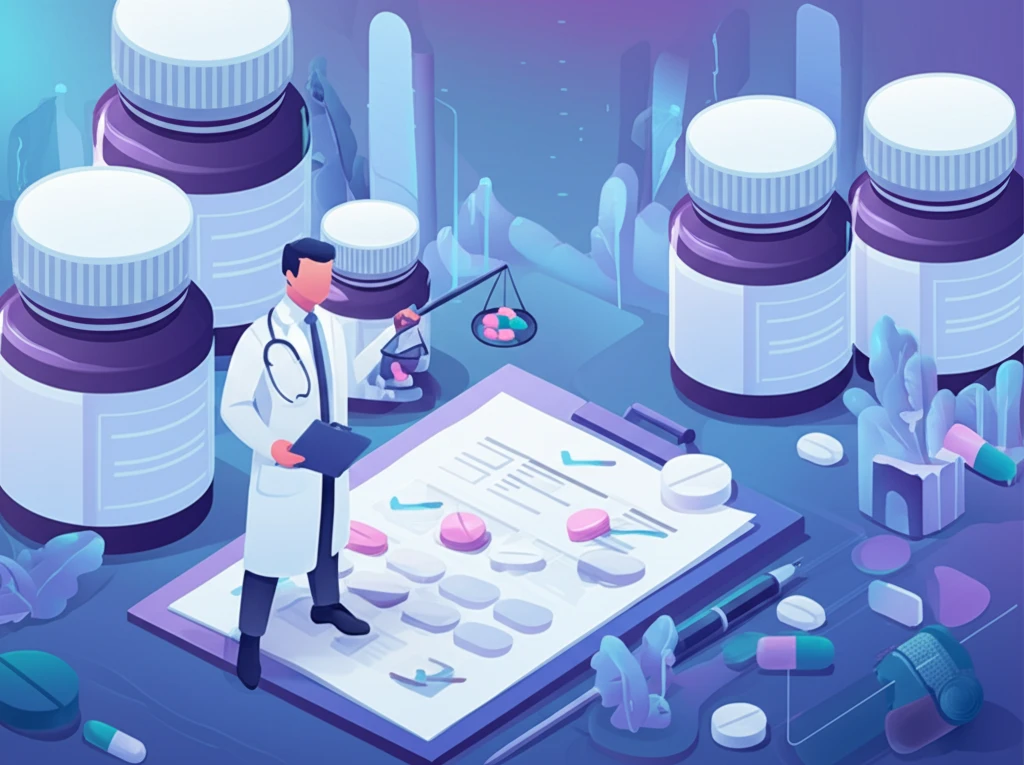
Navigating Medication Therapy Management: A Clearer Path to Better Health
"Demystifying Medication Therapy Management: How clinical pharmacists and structured programs enhance your healthcare journey."
In today's complex healthcare landscape, managing medications can feel overwhelming. Terms like 'medication therapy management' are frequently used, but often misunderstood. It’s crucial to distinguish between basic medication education and true Medication Therapy Management (MTM) to ensure you're receiving the best possible care.
A recent article in JAMA Internal Medicine sparked a debate about what truly constitutes MTM. The core issue? Ensuring that healthcare providers, especially clinical pharmacists, adhere to the comprehensive standards required for effective medication management, moving beyond simple educational interventions to more robust, patient-centered care.
This article clarifies what MTM involves, highlighting the essential components that set it apart from standard medication education. Whether you're a patient, caregiver, or healthcare professional, understanding these nuances can lead to safer, more effective medication use.
What is Medication Therapy Management (MTM)?

Medication Therapy Management is more than just telling someone what their pills are for. The American Pharmacists Association, along with other pharmacy organizations, defines MTM as a comprehensive service that includes:
- Personalized Care Plan: Developing a patient-centered plan that addresses the individual's specific needs and goals.
- Recommendations: Suggesting modifications to medication therapy, such as initiating, adjusting, or discontinuing medications, in consultation with the patient's healthcare provider.
- Monitoring and Evaluation: Regularly assessing the patient's response to therapy to ensure it is both safe and effective.
The Importance of Comprehensive MTM
True Medication Therapy Management offers a robust, structured approach to medication management, drastically improving patient outcomes. Look for healthcare providers, especially clinical pharmacists, who are equipped to deliver comprehensive MTM services, ensuring your medication plan is safe, effective, and tailored to your unique needs.
